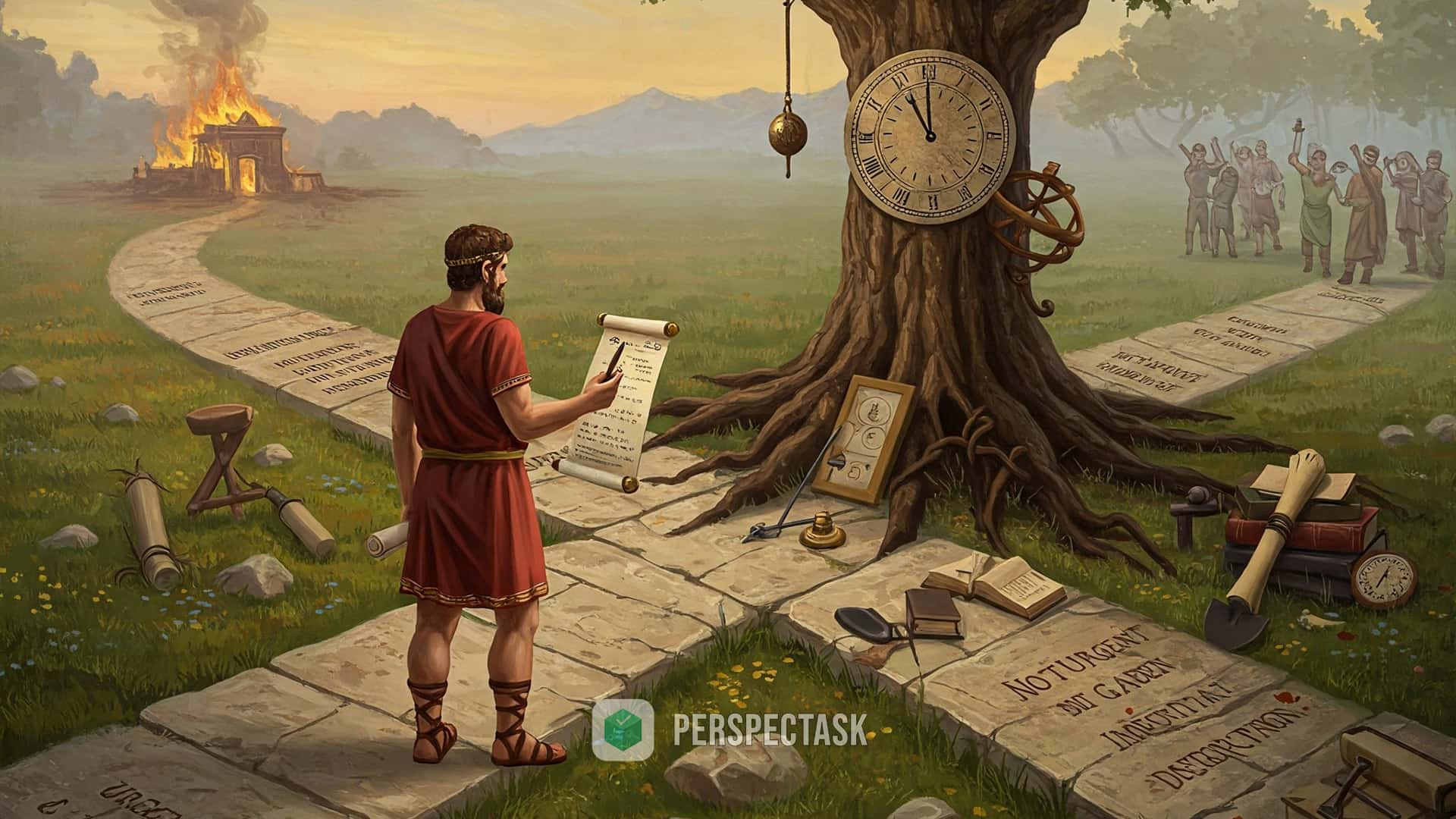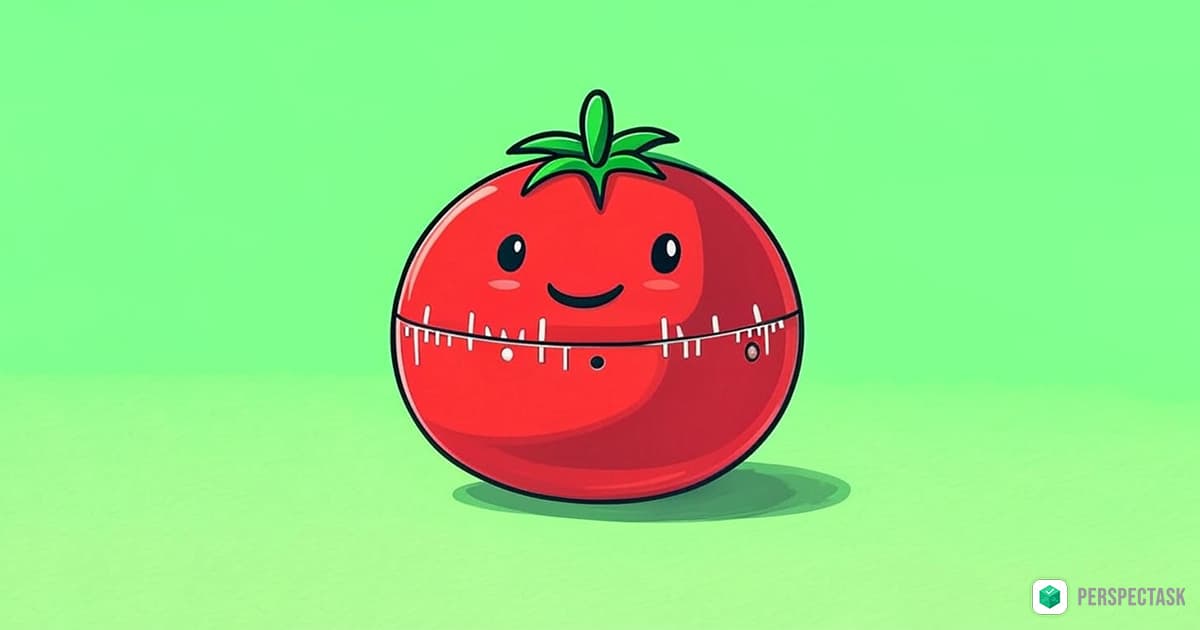We live in an age drowning in information, opportunity, and demands. We're constantly told we can "have it all," do it all," and "be it all." But have you ever stopped to ask: at what cost?
Do you feel perpetually busy, yet strangely unproductive? Stretched thin, rushing from one thing to the next, but never feeling like you're making real progress on what truly matters? Like you're majoring in minor activities? If you answered yes, you're not alone. This frantic, unfocused state is the hallmark of the Nonessentialist life.
But what if there was another way? A path not of doing more, but of doing better?
This is the core idea behind Essentialism: The Disciplined Pursuit of Less, as explored by Greg McKeown. It's not about incremental improvements or clever life hacks. It's a fundamental mindset shift, a different way of operating that allows you to reclaim control, focus your energy, and make your highest contribution.
Ready to stop drifting and start designing your life?
The Foundational Shift: Embracing the Core of Essentialism
Before you can change what you do, you need to change how you think. Essentialism requires internalizing three powerful truths that dismantle the myths keeping us trapped in busyness:
"I Choose To," Not "I Have To" (The Power of Choice)
How often do you feel obligated, pushed into commitments by external pressure or a vague sense of duty? The Essentialist recognizes that while we might not control all our options, we always control how we choose among them. Forgetting this power leads to "learned helplessness," where we believe our efforts don't matter, either checking out completely or becoming hyperactive trying to do everything for everyone. Reclaiming your agency starts with acknowledging: every "yes" or "no," every action taken or deferred, is ultimately your choice. Stop forfeiting your power. Start choosing.
"Only a Few Things Really Matter," Not "It's All Important" (The Power of Discernment)
We're conditioned to believe effort equals results. Work harder, achieve more. But reality operates differently. The Pareto Principle (80/20 rule) and even Power Laws suggest that a tiny fraction of inputs drives the vast majority of outputs. Most things are noise; only a vital few are truly essential. Warren Buffett owes 90% of his wealth to just ten investments. Your highest contribution likely comes from a similarly small number of activities. The Essentialist doesn't treat all opportunities as equal. They invest energy in discerning the vital few from the trivial many, knowing that finding those truly great opportunities repays the effort tenfold. Stop thinking everything matters. Start discerning what truly does.
"I Can Do Anything, But Not Everything" (The Power of Trade-offs)
The myth of "doing it all" is seductive but destructive. Trying to be everywhere, please everyone, and pursue every good idea inevitably leads to mediocre results across the board. Saying yes to one thing inherently means saying no to others. Ignoring this reality means making trade-offs by default, often sacrificing what's most important. The Essentialist doesn't ask, "How can I do both?" They ask the tougher, more honest question: "Which problem do I want to solve?" They embrace trade-offs deliberately, choosing where to go big. Stop trying to force everything in. Start making conscious, strategic trade-offs.
These three shifts aren't just intellectual concepts; they are the bedrock upon which a meaningful, high-impact life is built. But how do you put them into practice?
Step 1: Explore – Finding the Vital Few
Counterintuitively, Essentialists explore more options than Nonessentialists before committing. Why? Because they know they'll go big on only a few things, so they need to ensure they pick the right ones. This isn't aimless wandering; it's systematic exploration.
Create Space to Think (Escape)
You can't discern the essential if you're constantly reacting. Build deliberate pockets of time and space to simply think, away from the noise and demands. Jeff Weiner, LinkedIn's CEO, schedules hours of "nothing" daily. Even 20 minutes reading timeless literature (not newsfeeds) can center you. Protect your thinking time fiercely.
Look for the Real Story (Look)
Be a journalist of your own life. Don't just see the facts; understand the point. Filter the noise for the signal. Listen for what's not being said. Keep a journal not just to record events, but to spot patterns and headlines over time.
Embrace Play (Play)
Play isn't trivial; it's vital for creativity, adaptability, and stress reduction. It expands options and helps us see connections we'd otherwise miss. Play literally fires up the brain. What did you love doing as a child purely for joy? Reintroduce that spirit.
Protect the Asset (Sleep)
Sleep isn't a liability; it's your ultimate performance enhancer. Sacrificing sleep compromises your ability to think clearly, prioritize, and solve problems creatively. The best performers, like elite violinists, prioritize sleep. Aim for 7-8 hours. Your brain needs it to consolidate learning and make new connections. Protect your ability to prioritize by protecting your sleep.
Apply Extreme Criteria (Select)
If it's not a clear "Hell Yeah!", then it's a "No." Use the 90 Percent Rule: If you rate an option less than 90 out of 100 on your most important criterion, automatically change the score to 0 and reject it. This forces deliberate choices and prevents you from getting stuck with mediocre commitments. Ask: "If I didn't already have this opportunity, how hard would I work to get it?"
Step 2: Eliminate – Cutting Out the Trivial Many
Knowing what's essential isn't enough. You must actively, courageously, and gracefully remove the nonessential. This is often the hardest part.
Clarify Your Essential Intent (Clarify)
Vague goals lead to vague results. Define a concrete and inspiring "Essential Intent" – one decision that settles a thousand later ones.
Ask: "If we could be truly excellent at only one thing, what would it be?"
Clarity fuels focus and empowers elimination.
Dare to Say "No" Gracefully (Dare)
Saying no is a core Essentialist skill, not a sign of weakness. Fear of awkwardness or disappointing others traps us into commitments we resent. Separate the decision from the relationship. Focus on the trade-off you're making. Trade short-term popularity for long-term respect. Use the "No Repertoire": the pause, the soft "no but," "Let me check my calendar," etc. A clear "no" is kinder than a vague, noncommittal "yes."
Cut Your Losses (Uncommit)
Sunk-cost bias makes us keep investing in losing propositions just because we've already invested so much. Beware the endowment effect – overvaluing things just because we own them. Ask: "If I weren't already invested, how much would I invest now?" Admit failure to begin success. Stop trying to force a fit. Get a neutral second opinion. Don't be afraid to run a "reverse pilot" – quietly stop doing something and see if anyone notices or if it truly matters.
Set Boundaries (Limit)
If you don't set boundaries, others will set them for you – or there won't be any. Boundaries aren't constraints; they are liberation. They protect your time and energy for the essentials. Define your dealbreakers. Understand that other people's problems are not automatically yours; don't rob them of the chance to solve their own issues. Craft clear social contracts upfront. Like the fence around the school playground, clear boundaries expand your freedom within your chosen space.
Step 3: Execute – Making the Essential Effortless
Essentialists don't force execution through sheer willpower; they design systems that make doing the essential thing the path of least resistance.
Build Buffers (Buffer)
The unexpected will happen. Assume things will take longer, cost more, or face unforeseen obstacles. Build in buffers – extra time, extra budget, contingency plans. Add 50% to your time estimates to combat the planning fallacy. Buffers reduce the friction of the unpredictable.
Subtract to Add (Subtract)
Often, the way to increase output isn't to add more resources, but to remove the biggest constraint – the "slowest hiker". Identify the single biggest obstacle holding you back from your essential intent. Removing that one thing often makes everything else flow more easily. Focus on removing bottlenecks, not just piling on solutions.
Start Small, Celebrate Progress (Progress)
Big, audacious goals often lead to overwhelm and burnout. Instead, focus on "minimal viable progress" – the smallest step forward that is useful and valuable. Small wins create momentum and fuel motivation. Celebrate them. Use visual cues like progress bars or checklists to make progress tangible.
Make it Routine (Flow)
Harness the power of habit. Design routines that embed essential activities, making them automatic. Over 40% of our actions are unconscious habits. Identify the cues triggering nonessential routines and link them to essential ones. Do the most difficult, important task first thing each day. Routines free up mental energy and willpower for higher-level thinking and creativity.
Focus on "What's Important Now?" (Focus)
Don't get lost in regretting the past or worrying about the future. The only time you can act is now. Multitasking is possible, but "multifocusing" isn't. Practice mindfulness, tune into the kairos (qualitative, opportune time), not just the chronos (quantitative, chronological time). Ask yourself frequently: What is truly essential, right this very second?
Living the Essentialist Life
Essentialism isn't a tactic you deploy occasionally; it's a way of being. It's choosing deliberate, conscious action over default, reactive behavior. It's trading a life of frantic frustration for one of focused fulfillment.
Living this way means making choices that might seem countercultural:
- Thinking when others are doing.
- Listening when others are talking.
- Saying no when others are saying yes.
- Resting when others are boasting about being busy.
- Focusing deeply when others are scattering their energy.
It means building a life that truly matters, measured not by the sheer volume of activity, but by the significance of your contribution.
Where Do You Start?
The journey to becoming an Essentialist starts with a single step, guided by clarity and purpose. But navigating the complexities of discerning, eliminating, and executing requires more than just willpower; it requires the right tools.
Imagine having a system designed to help you:
- Break down those overwhelming Essential Intents into manageable steps, ensuring you start small and build momentum (like PerspecTask's unlimited subtask levels).
- Visually plan when you'll tackle essential tasks, building in those crucial buffers across your days, weeks, and even years (leveraging PerspecTask's Period View).
- Clearly see which tasks underpin your most critical goals, helping you identify and prioritize the vital few (using PerspecTask's multiple parent feature to show task dependencies).
- Track your progress automatically, celebrating those small wins that fuel motivation (with PerspecTask's recursive progress bars).
- Focus on the task at hand without distraction, knowing your plans and priorities are securely organized (supported by PerspecTask's timer and end-to-end encryption).
Essentialism provides the framework; PerspecTask provides the platform to bring that framework to life. Stop letting the nonessential hijack your days. Start designing a life focused on what truly matters.
Ready to make your highest contribution? Sign up for PerspecTask today and start living Essentialism.
Ready to apply these productivity methods?
PerspectTask helps you implement these techniques in your daily workflow for maximum efficiency.
Start for Free →Pro two-week trial · No credit card required · Free forever plan available

